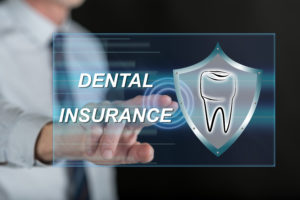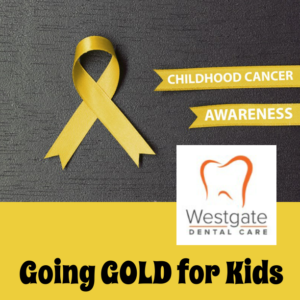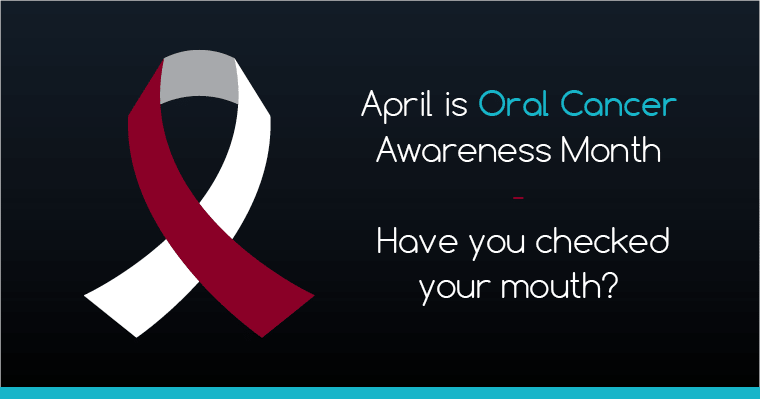 For many patients, porcelain veneers are a great option to completely transform smiles without the hassle of numerous cosmetic and restorative treatments. With just one, simple solution you get the flawless smile of your dreams. Once you have that new smile, you may still have some questions. Keep reading to find out what you can expect from your porcelain veneers, and schedule an appointment with a skilled cosmetic dentist to get started today.
For many patients, porcelain veneers are a great option to completely transform smiles without the hassle of numerous cosmetic and restorative treatments. With just one, simple solution you get the flawless smile of your dreams. Once you have that new smile, you may still have some questions. Keep reading to find out what you can expect from your porcelain veneers, and schedule an appointment with a skilled cosmetic dentist to get started today.
(more…)
Westgate Dental Care Blog
What to Expect After Porcelain Veneer Placement
November 10, 2017
Use It or Lose It with Your Family Dentist in Arlington Heights!
October 11, 2017
 As 2017 is beginning to wrap up, it’s now time to use it or lose it! “Use or lose what?” you’re probably asking…your dental insurance benefits! Many dental insurance plans have annual maximums, and if you haven’t met yours yet, that unused money will not roll over to 2018, so now is the best time to schedule an appointment with your family dentist in Arlington Heights so you can save! (more…)
As 2017 is beginning to wrap up, it’s now time to use it or lose it! “Use or lose what?” you’re probably asking…your dental insurance benefits! Many dental insurance plans have annual maximums, and if you haven’t met yours yet, that unused money will not roll over to 2018, so now is the best time to schedule an appointment with your family dentist in Arlington Heights so you can save! (more…)
Your Family Dentist in Arlington Heights is Going Gold
October 3, 2017
 One of the most tragic things in the world is to have a child who has been diagnosed with cancer. September is actually Childhood Cancer Awareness Month, so your family dentist in Arlington Heights decided to have a fundraiser in order to donate money to the University of Chicago Medicine Comer Children’s Hospital. For every “like” on our Facebook page, we would donate $1, and for every “share,” we would donate $5. We did this for the entire month of September, and thanks to our wonderful patients (and some help from Dr. Kics), we were able to donate $1,000 to UC Comer’s in order to help fund their continual research into innovative cures and treatments for all children’s cancers. We’re so happy that our patients found it in their hearts to support this cause, and it truly brought them and our team together.
One of the most tragic things in the world is to have a child who has been diagnosed with cancer. September is actually Childhood Cancer Awareness Month, so your family dentist in Arlington Heights decided to have a fundraiser in order to donate money to the University of Chicago Medicine Comer Children’s Hospital. For every “like” on our Facebook page, we would donate $1, and for every “share,” we would donate $5. We did this for the entire month of September, and thanks to our wonderful patients (and some help from Dr. Kics), we were able to donate $1,000 to UC Comer’s in order to help fund their continual research into innovative cures and treatments for all children’s cancers. We’re so happy that our patients found it in their hearts to support this cause, and it truly brought them and our team together.
In honor of this past September, we’ve decided to share a few facts about children’s cancer and how you can help put a stop to it today. (more…)
FAQ’s For Your Children’s Dentist in Arlington Heights
September 21, 2017
 Being a first-time parent can leave you with many questions. How does this potty training thing work? What foods are okay to eat and at what age should they start eating new things? And of course, you probably have many questions about their dental health.
Being a first-time parent can leave you with many questions. How does this potty training thing work? What foods are okay to eat and at what age should they start eating new things? And of course, you probably have many questions about their dental health.
If you’re unsure about how to care for your little one’s teeth properly or even if you have questions about how their first dental visit will be, your children’s dentist in Arlington Heights is here to help you get the clarity you need.
Cosmetic Dentist in Can Predict a Child’s Success in Marriage
September 16, 2017
 What if you could look at your child’s smile and predict whether their future marriage would be successful or a total failure. Sounds like some psychic mumbo-jumbo, right?
What if you could look at your child’s smile and predict whether their future marriage would be successful or a total failure. Sounds like some psychic mumbo-jumbo, right?
Actually, research conducted at DePauw University found that according to scientists it is possible to predict whose marriages will fail by looking at photographs taken decades earlier. But how? Your cosmetic dentist in Arlington Heights is prepared to dive into how powerful our smiles truly are.
Improve Teeth with Porcelain Veneers in Arlington Heights
August 15, 2017

We believe it’s safe to say that when you look good, you feel good. When you’re comfortable with your smile, you are more than willing to showcase it. It’s more important than ever to walk confidently in your smile. Society’s desire to put their best smile forward, has greatly affected the dental industry. In fact, the American Academy of Cosmetic Dentistry has found that there has been an increase in:
- The growth of at-home whitening products.
- Aging baby boomers wanting to look and feel younger.
- The publics fascination with celebrity lifestyles.
With that being said, do you want to improve your smile? Westgate Dental Care can help you put your best smile forward with a confident smile. Let’s look at how porcelain veneers in Arlington Heights can help you reach your goals.
Learn the Benefits of Dental Implants
July 11, 2017

IF YOU HAVE EXPERIENCED TOOTH LOSS, you are not alone. In fact, more than 35 million Americans are missing all of their teeth, while 178 million are missing at least one tooth. Here’s the good news: there are Arlington Heights dental implants solutions for you.
(more…)Need a “Dentist Near Me” Because of Tooth Sensitivity?
June 18, 2017
 Did you know that tooth sensitivity is one of the most common complaints among dental patients? Tooth sensitivity can cause sharp pains and discomfort, eventually leading to more pressing dental problems. Most patients will experience it when exposed to hot or cold substances, like in the summer when a patient tries to enjoy a cold ice cream cone, they may not even be able to withstand the shooting pains their teeth experience. But, what causes tooth sensitivity? More importantly, how can Westgate Dental Care help you before you’re frantically searching online for a “dentist near me” in pain?
Did you know that tooth sensitivity is one of the most common complaints among dental patients? Tooth sensitivity can cause sharp pains and discomfort, eventually leading to more pressing dental problems. Most patients will experience it when exposed to hot or cold substances, like in the summer when a patient tries to enjoy a cold ice cream cone, they may not even be able to withstand the shooting pains their teeth experience. But, what causes tooth sensitivity? More importantly, how can Westgate Dental Care help you before you’re frantically searching online for a “dentist near me” in pain?
Why it’s Wise to Remove Wisdom Teeth Before College
May 5, 2017

Is your recent high school graduate heading to college this fall? Whether your teen is moving away or planning to attend a local school, it’s vital to set him or her up to succeed – both in school, but also in health matters.
(more…)Oral Cancer Awareness Month: Are You at Risk?
April 7, 2017

April is Oral Cancer Awareness Month. Are you familiar with this deadly disease? According to the American Association of Oral and Maxillofacial Surgeons (AAOMS), an estimated 50,000 people are diagnosed with oral cancer EVERY YEAR and 9,000 U.S. citizens will die from this horrifying disease.
(more…)